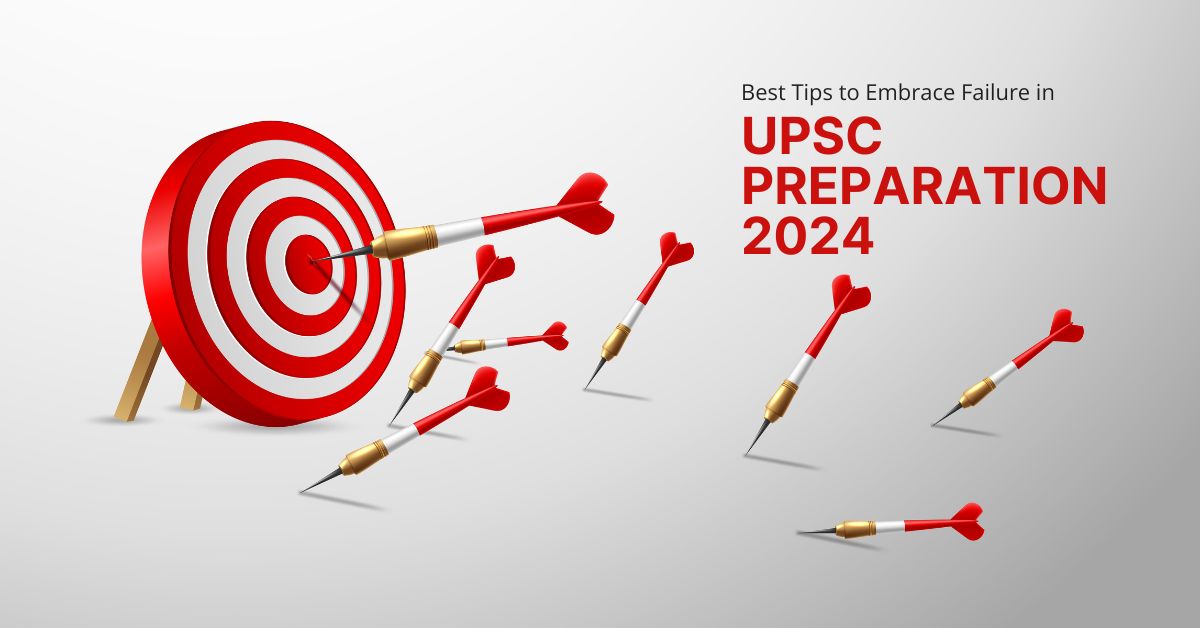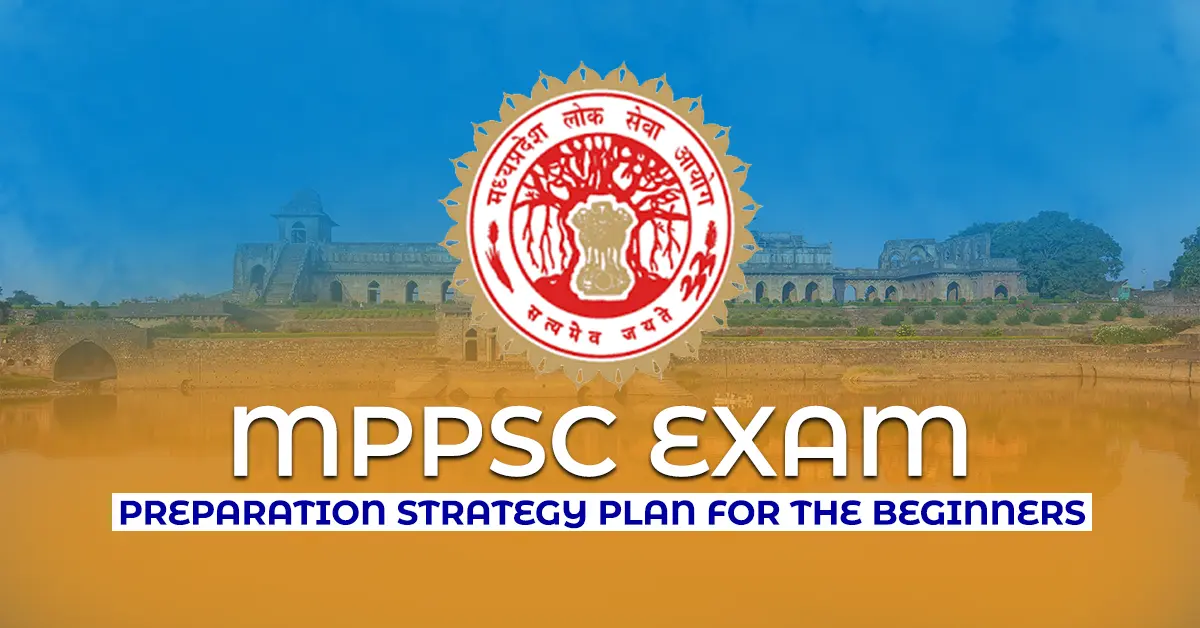Vajirao IAS Academy is a renowned institute in India that helps students prepare for the Indian Administrative Services (IAS) exam. Time management is key to success in this exam, and it can be easy to get overwhelmed with the amount of preparation required with the best IAS Coaching Institute in Delhi. To help students manage their time effectively, this blog will cover the top 5 strategies for time management during IAS exam preparation. These strategies are designed to support students in optimizing their study hours and achieving their desired results.
Time Management
One of the most crucial aspects of IAS exam preparation is managing your time effectively. It is no secret that this can be a daunting task, especially given the vast syllabus and the limited time available. However, with proper planning and discipline, it is possible to crack this exam even with a tight schedule.
The first strategy for effective time management in IAS exam preparation is to create a timetable or schedule. This should include all the topics you need to cover and how much time you will spend on each one. Be sure to take into account any other commitments such as work or family obligations.
Another useful strategy is to prioritize your tasks based on their level of importance and urgency. This will help you identify which topics require more attention and which ones can be revisited later. You can also break down larger topics into smaller sections that are easier to manage within your schedule.
Lastly, it’s important to stay motivated throughout your preparation period. Rewarding yourself for attaining goals you set is another smart idea. Take regular breaks during study sessions so that you don’t burn out too quickly. With these strategies in mind, managing your time effectively during IAS exam preparation should become less daunting and more manageable over time!
Strategy 1: Planning
Planning is the first and foremost strategy for time management in IAS exam preparation. A well-planned schedule helps aspirants to focus on their strengths and weaknesses. It provides a roadmap for achieving set goals within a stipulated timeframe. The planning process should begin with setting realistic targets, keeping in mind one’s strengths and limitations.
Aspirants should break down their preparation into smaller achievable tasks, making it easier to manage and monitor progress. They can prioritize tasks based on their importance, such as syllabus completion or revision of important topics. Planning also involves allocating sufficient time for each task while ensuring that ample time is left for review and practice.
Effective planning requires aspirants to be disciplined and committed towards following the planned schedule religiously. This will help them stay on track without losing focus or getting overwhelmed by the vastness of the syllabus. Overall, planning plays a crucial role in optimizing productivity while reducing stress levels during IAS exam preparation.
Strategy 2: Prioritizing Tasks
One of the most important strategies for time management in IAS exam preparation is prioritizing tasks. This means that you need to identify the tasks that are most important and urgent, and focus your time and energy on them. To prioritize effectively, start by making a list of all the tasks you need to complete for the day or week, and then rank them in order of importance.
Once you have identified the most important tasks, make sure to tackle them first thing in the morning when your energy levels are high. This will help ensure that you don’t get sidetracked by less important tasks later on in the day. Additionally, consider breaking larger tasks down into smaller chunks so that they feel more manageable and less overwhelming.
Remember that prioritizing isn’t just about getting things done quickly; it’s also about ensuring that you’re using your time wisely to achieve your goals. By focusing on what’s truly important and making smart decisions about how to use your time, you’ll be able to stay focused and motivated throughout your IAS exam preparation journey.
Strategy 3: Eliminating Distractions
When it comes to IAS exam preparation with the best civil services coaching institutes in Delhi, distractions can be a major hurdle that hampers productivity. Social media notifications, incoming emails, and phone calls are some of the common distractions that can derail your study schedule. To eliminate these disruptions and maintain focus on your studies, it is important to adopt certain strategies.
One of the most effective ways to eliminate distractions is by creating a dedicated study space. This space should be free from any external noise or disturbances and equipped with all the necessary study materials. Additionally, you should turn off all electronic devices such as phones and laptops during your study time to avoid any temptation to check them unnecessarily.
Another strategy for eliminating distractions is by prioritizing your tasks. Make a list of all the tasks you need to complete in a day and prioritize them based on their importance. This will help you stay focused on completing high-priority tasks first before moving onto less important ones. By following these strategies, you can increase your productivity in IAS exam preparation and achieve better results in less time.
Strategy 4: Taking Breaks
Taking breaks is one of the most important strategies for time management during IAS exam preparation. It’s a proven fact that taking frequent breaks can actually help to improve productivity and focus. During long study sessions, it’s common to experience mental fatigue, which can lead to decreased concentration and retention of information. Taking short breaks every 45-60 minutes helps to refresh your mind and increase energy levels.
Studies have shown that taking regular breaks also helps to reduce stress levels, which is particularly important during the high-pressure environment of IAS exam preparation. By stepping away from your work for a few minutes, you allow yourself time to relax and recharge before diving back in. This not only improves your overall well-being but also enhances your performance by allowing you to approach tasks with renewed enthusiasm.
When taking breaks, it’s essential to engage in activities that help you feel relaxed and refreshed like going for a walk or listening to music. Avoid activities that might be counterproductive like checking social media or browsing the internet as they could distract you from focusing on your studies when you resume them again after the break. In summary, incorporating regular short breaks into your study routine can make all the difference when it comes down to managing your time effectively while preparing for IAS exams.
Strategy 5: Staying on Track
Staying on track is crucial for success in IAS exam preparation. It’s easy to get sidetracked and lose focus on your goals, so it’s important to have a clear plan of action. One way to stay on track is by setting daily or weekly goals and holding yourself accountable for meeting them. This will help you prioritize tasks and ensure that you’re making progress towards your ultimate goal.
Another strategy for staying on track is by using a planner or scheduling tool in accordance with your classes at the best UPSC Coaching Centers in Delhi. This will allow you to see all of your tasks in one place and help you plan out your day more efficiently. You can also use this tool to break down larger tasks into smaller, more manageable ones, which can help prevent overwhelm.
Finally, it’s important to stay motivated when working towards long-term goals like passing the IAS exam. Celebrate small wins along the way and remind yourself why you started this journey in the first place. By consistently applying these strategies, you’ll be able to stay focused, organized, and on track as you work towards achieving your dream of becoming an IAS officer.
Conclusion: Organized Preparation
In conclusion, organized preparation is an essential requirement for effective time management in IAS exam preparation. Organizing your study schedule and setting realistic goals will help you manage your time better. Creating a to-do list and prioritizing tasks based on their significance can also make a huge difference.
Moreover, keeping track of the time spent on each task can be instrumental in utilizing your time effectively with the best IAS Coaching in Delhi. Breaking down the syllabus into smaller sections and allotting specific times to each section will allow you to cover more ground in less time. Additionally, allocating some buffer time for unexpected events or emergencies is always a good idea.
Overall, incorporating these strategies into your study routine can help you stay focused and motivated while managing your time effectively. Remember that successful IAS exam preparation requires dedication, hard work, and smart planning. By following these tips, you can maximize your chances of achieving success in this challenging exam.




